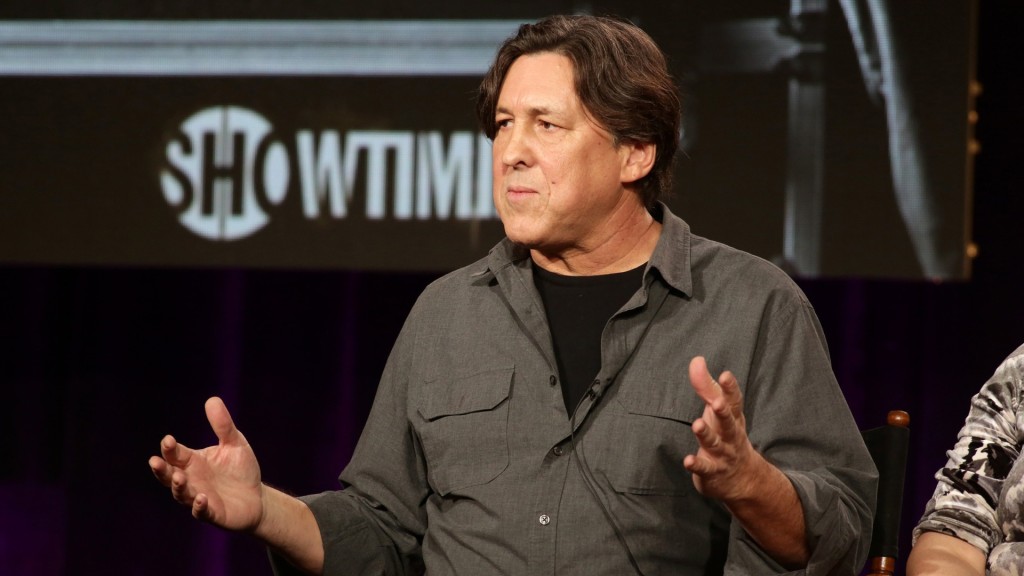 At the TV Critics Association winter press tour Tuesday to roll out his entertaining-looking new Showtime series “Roadies,” of course Cameron Crowe had something to say about David Bowie.
At the TV Critics Association winter press tour Tuesday to roll out his entertaining-looking new Showtime series “Roadies,” of course Cameron Crowe had something to say about David Bowie.
” I wrote about him a lot for Rolling Stone magazine and Playboy and Creem magazine. He was an amazing,” Crowe said. “He was the most generous and exciting interview subject that I was ever allowed a lot of time with and that all came from David Bowie.”
Crowe, the teenage rock journalist who once chronicled his life in his own hit movie “Almost Famous,” said he had put the word out to musicians that he’d like to interview the famously reclusive Bowie.
Then the phone rang one night at his home in San Diego. “It was David Bowie,” Crowe said. “He said, ‘I’m on a train, and I’m on my way from New York. I’ve just split with my manager. I don’t know that many people in Los Angeles. I’ll be getting in in a couple of days, and would you like to do an interview with me?’ And I said, ‘Yes, I would. I really, really would.’ He says, ‘Well, I’ll call you when I get to Los Angeles.'”
Crowe didn’t think he actually would. “But sure enough, he got to Los Angeles, and he called me. He said, ‘Come up here. I’m staying at this house. Let’s meet, and let’s spend some time together,” and I spend six months straight with David Bowie at that time, the period with little breaks to go back to San Diego, but basically I was in this whirlwind with him in the period between ‘Young Americans’ and ‘Station to Station.’
“And thank goodness I kept notes on every aspect of it. There were no limits. Everything was discussed. He said, ‘Ask me anything. Watch me create. Watch me produce. Watch me sad. Watch me happy.’ And it was an incredibly vital experience because he said, ‘You can do this story for whoever you want.’
“Everybody wanted the story, so it was a great help for my career then,” he said. “But the amazing thing that I come away with is that even then, which was kind of a wild period in his life, he was always obsessed with music and art and never the business. It was always a young artist who had moved him. He would reach out to that artist. Bruce Springsteen was somebody that caught his attention on the first album. He was talking about Bruce Springsteen in early stages of Bruce Springsteen’s career.
“But the thing that I just wanted to say over the last couple of days I’ve had a chance to really think about it,” Crowe said, is that “David Bowie’s impact is so huge in that he presents himself now as a role model to artists that may need to remember that it’s not about branding.
“It’s about a restless need to be creative and to continue being creative, and David Bowie was the antibranding artist, and for a young musician or artist of any kind, anybody coming up, it’s great to look to Bowie and see that seismic effect he’s had on people, not because he kept doing the same thing that worked again and again, but because he always shook it up and he always served the gods of creativity, and that was the lesson I got from him then and today.”